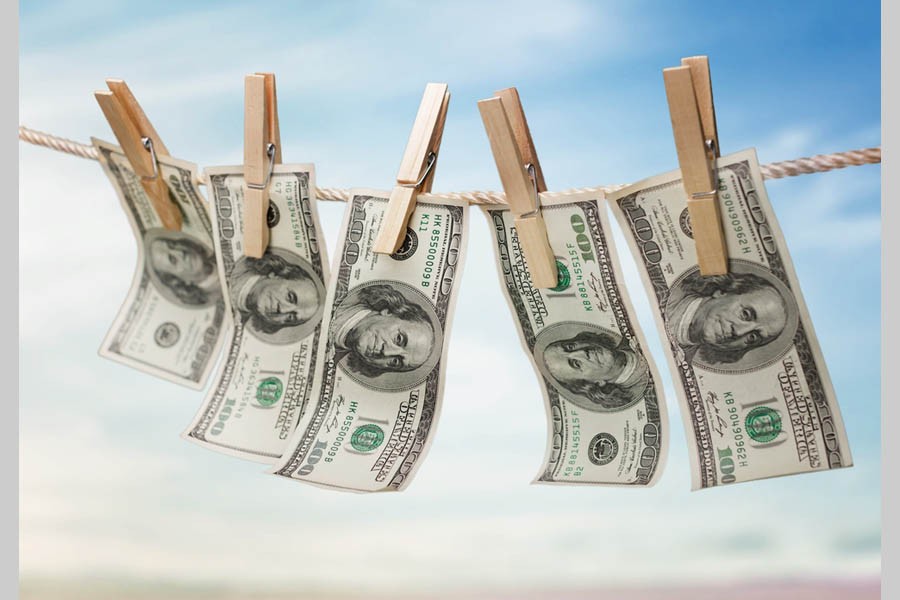
Published :
Updated :

Euphemistically called siphoning off unaccounted for -and perhaps unearned -money in hundreds of billions from weaker economies to the stronger ones, the criminal practice has left the global wealth distribution even more lop-sided than it should have been. When the governments of such countries frantically appeal for investment from different sources, a section of money launderers from there are used to siphoning off amounts as large as can finance a substantial portion of their annual development programmes. The latest report of the Global Financial Integrity (GFI), a Washington-based consultant, estimates that illicit outflows from the developing countries stood at $600 billion in 2015. Bangladesh's share in the capital flight was $5.9 billion. But this is a conservative estimate because only the mis-invoicing in trade transaction with the advanced economies has been taken into account here. In what is called capital's reverse flight, Bangladesh also received $2.8 billion.
Clearly, the picture of capital or wealth flight from Bangladesh is incomplete. As high as 90 per cent of Bangladesh's export is with the developed countries and 70 per cent of its import involves developing countries. China and India being the largest trade partners in this regard, much of the malpractice remains outside the ambience of the GFI calculation. This points to the fact that the outflow of capital is far larger than the $5.9 billion. Even this amount is enough to finance one and a half Padma bridge. A reminder of the row over the World Bank financing of the bridge then should anger any patriotic person in this country. Some people are fleecing the nation in order to illegally transfer money beyond the border for all kinds of dubious purposes. Some have second homes in Malaysia and Canada and others have deposited huge amounts with the Swiss Bank. What still others have done in lands considered holiday havens may be beyond imagination.
However, all this is a confirmation of wealth creation. The sad thing is that it is created illegally. People have to hide their ways of earning and the amount of income in order not to share with their countrymen the dividends such resources could produce. This calls for business and trade integrity. Wealth earned honestly and then invested properly could expedite the country's development process at a faster rate where unemployment and poverty would have been a thing of the past quite sometime ago.
Notwithstanding such criminal financial practices, the country has come a long way off from its basket case rubric. If the privileged and dishonest did not go on the treacherous course to drain its resources, the country could finance more of its development agendas by its own resources. In the past three years not covered by the GFI report, the capital flight may have gone up many times over. If the hot money that also flies out of the country -- perhaps in greater amount -- is taken into account, the total wealth creation looks more than impressive. But unfortunately, the money flight has deprived the country not only of investment but also of revenue earning by the exchequer. This is unpardonable. Mandatory maintenance of financial account and its effective monitoring by the government may be of help in minimising capital flight.


 For all latest news, follow The Financial Express Google News channel.
For all latest news, follow The Financial Express Google News channel.